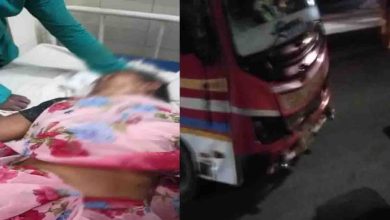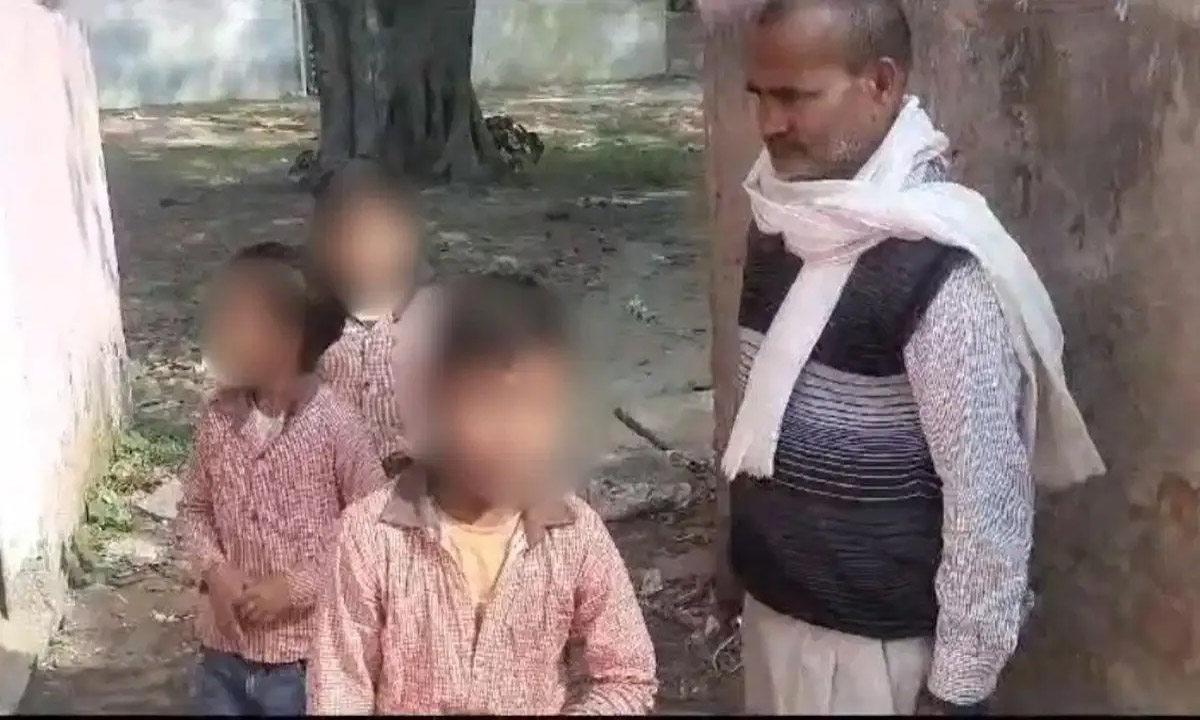Ludhiana News: Dengue cases in Ludhiana district reach 25

Ludhiana: The rainy season has begun and with it the threat of water-borne diseases has also started looming. One hundred breeding checkers of the health department will be on duty to check mosquito breeding in the district. So far, 25 dengue cases have been reported in the district. Out of the 25 cases, 12 are from urban and 13 from rural areas. This year, two cases were reported in March, one in April, 13 in May and nine in June. The health department has started surveying the hotspots and awareness campaigns have also been launched in these areas. District epidemiologist Sheetal Narang said, “The anti-larva team of the department is actively working to check mosquito breeding. One hundred breeding checkers have been appointed and will work from this month to check mosquito breeding. They will conduct door-to-door surveys and destroy larvae wherever they are found.” Dr Narang said a dengue ward has been set up at the civil hospital and private hospitals have also been alerted to be prepared. The health department has urged the city residents to maintain cleanliness in their surroundings and not allow water to accumulate in and around the houses.
Patients can get free tests done for detection of dengue at Civil Hospital, Sub-Divisional Hospital Khanna and Jagraon Civil Hospital. Dengue is a viral infection that spreads through the bite of an infected female Aedes mosquito. There are four different serotypes of the dengue virus. Symptoms appear three to 14 days (an average of four-seven days) after the infected bite. Dengue fever is a flu-like illness that affects infants, young children and adults. Last year, 1,298 cases of dengue were reported in Ludhiana district. Meanwhile, Deputy Commissioner Sakshi Sahni today called for concerted efforts from the MC, health, rural development and panchayat departments to launch a major drive to control the spread of vector-borne diseases in the district. During a meeting held at Bachat Bhawan, the DC stressed the need to identify places susceptible to mosquito breeding and take action against them. He urged health and municipal officials to conduct door-to-door surveys and impose fines if mosquito larvae are found in air coolers and other waste materials such as water storage containers in households. He also asked the municipal corporation to collect water samples in Giaspura and nearby areas near Sahnewal.





